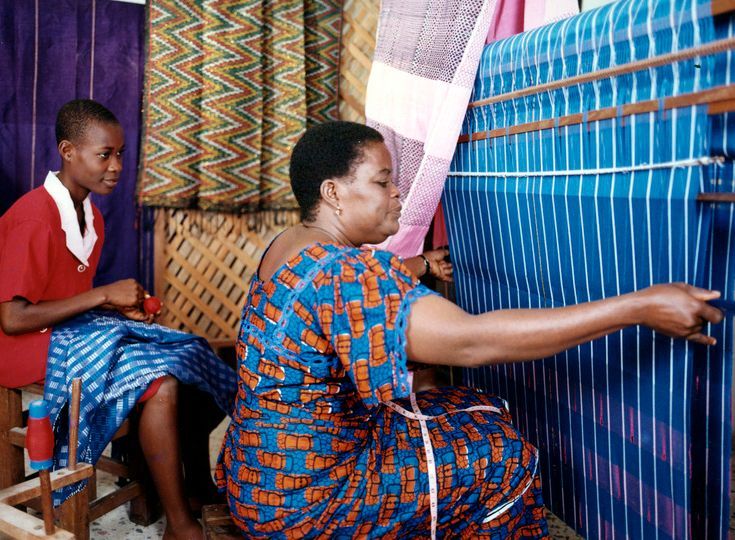Nigeria’s textile import increased by a staggering 298% in the past five years, rising from N182.5 billion in 2020 to N726.18 billion in 2024, according to the National Bureau of Statistics.
This spike reflects Nigeria’s growing dependence on foreign textiles despite its vast cotton resources, low-cost labour and a history of textile production that once made it a continental leader.
Gagan Gupta, an industrial investment specialist, warns that, without targeted reforms, Nigeria risks losing out on a $10.3 billion global clothing export market.
Despite the challenges, a wave of promising interventions is emerging to reverse the trend and rebuild the local textile industry.
Regenerating textile clusters
In northern Nigeria, efforts are underway to revive historic textile hubs in Kano and Kaduna through collaboration between the states and the private sector. These revitalised clusters aim to bring small textile firms together, allowing them to share key infrastructure like electricity and access pooled financing. The cooperative model is helping to reduce production costs, improve capacity and spark fresh interest in local textile production.
Additionally, the Bank of Industry has rolled out low-interest loans to textile firms in a bid to address chronic underinvestment in the sector. These loans are enabling local manufacturers to replace outdated equipment with modern machinery—boosting output, improving quality and enhancing competitiveness with imported products.
Reviving the cotton value chain is another vital step. Under the Federal Government Cotton, Textile, and Garment (CTG) Policy, farmers are being supported with improved seedlings, extension services and market access.
This policy ensures a steady supply of high-quality cotton for local factories, reducing reliance on imported raw materials and increasing value addition in the nation.
Global partners are also playing a role. The United Nations Industrial Development Organization (UNIDO) is working with local cooperatives to produce sustainable cotton farming and reduce post-harvest losses, aligning the farm base with the needs of a revived textile industry.
Powering the industry with reliable electricity
Through the Eligible Customer Policy of the Electricity Regulatory Commission of Nigeria, textile companies in industrial clusters can purchase power directly from generation companies, bypassing distribution bottlenecks.
In Kano, for instance, this has led to a more stable power supply and significantly reduced production costs, making local textiles more competitive.
Scaling these solutions requires consistency in policy implementation. Regional frameworks like the African Continental Free Trade Area (AfCFTA) can open wider markets for Nigerian textiles, encouraging local producers to expand their operations and reduce the country’s dependency on imports.
As Gupta notes, aligning policy with strategic investment and private-sector innovation is key. Lessons from countries like Ethiopia, which have successfully developed industrial zones for apparel, show that transformation is possible with the right mix of incentives and infrastructure.
Nigeria's textile imports surged by 298% over five years, from N182.5 billion in 2020 to N726.18 billion in 2024, highlighting an increased reliance on foreign textiles despite the country's cotton resources and textile production history. Gagan Gupta warns that without reforms, Nigeria risks missing out on a $10.3 billion global clothing market. However, efforts to reverse this trend include reviving textile hubs in Kano and Kaduna through state-private sector collaborations, reducing production costs, and boosting local production.
The Bank of Industry is offering low-interest loans for modern machinery to enhance competitiveness, while the Federal Government's Cotton, Textile, and Garment Policy supports farmers with seedlings and market access, ensuring a high-quality cotton supply. UNIDO is aiding sustainable cotton farming to support the industry. The Eligible Customer Policy allows direct power purchase, stabilizing electricity supply and reducing costs. Consistent policy implementation and frameworks like AfCFTA can open markets for Nigerian textiles, with lessons from countries like Ethiopia emphasizing the significance of strategic investment and innovation.






